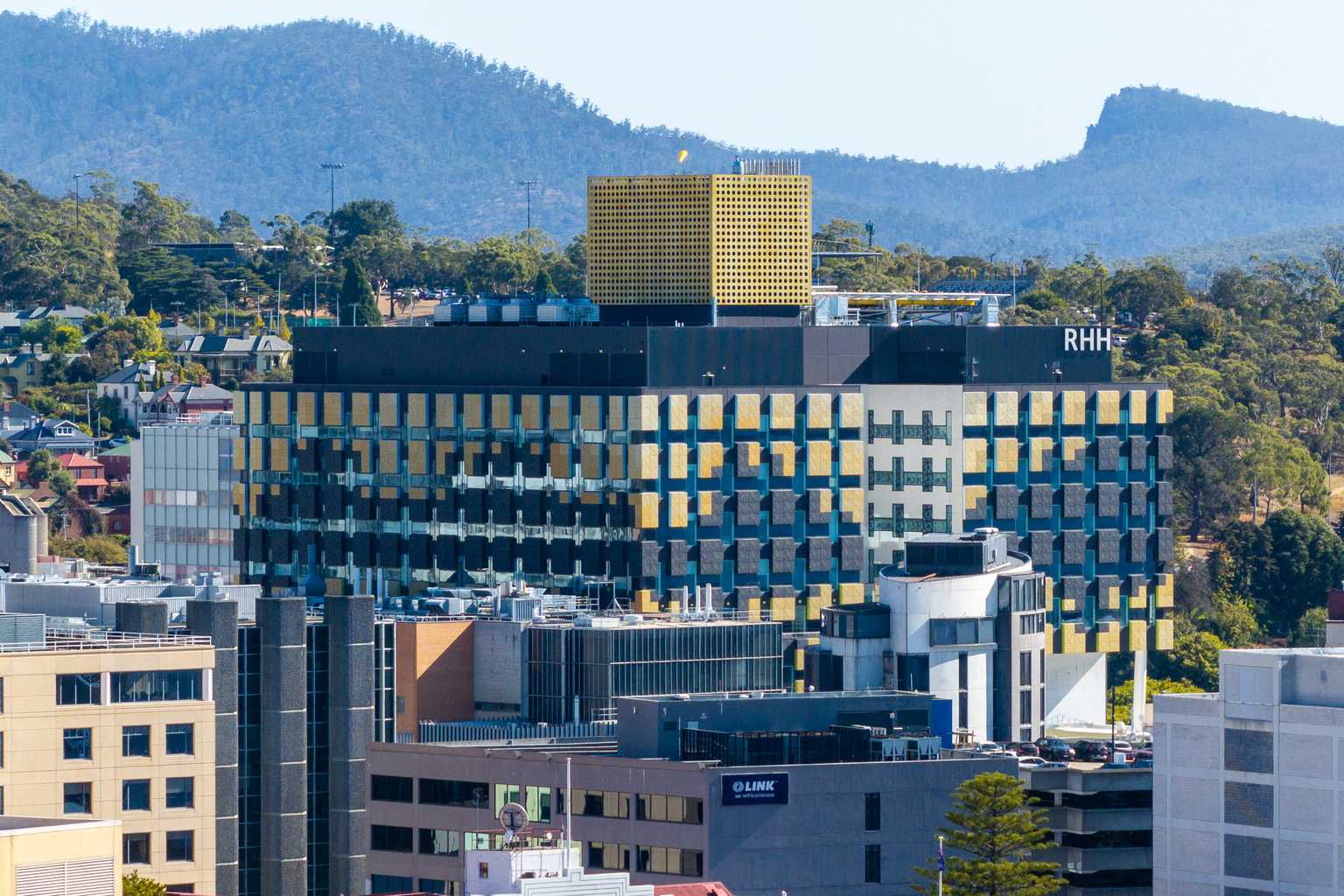Tasmania is hoped to see a significant expansion of breast screening services, with four new permanent BreastScreen clinics earmarked for Kingborough, Devonport, Triabunna and Glenorchy under an election promise by the Liberals.
The proposed clinics would provide free breast screening for eligible Tasmanians, with a focus on women aged 50 to 74, making life-saving early detection more accessible.
Premier Jeremy Rockliff said the initiative aims to ensure women have access to high-quality preventative health care closer to home.
“We know that early detection of breast cancer significantly increases the chance of recovery and survival,” Rockliff said.

“These four new clinics will ensure more women can access these important services, when and where they need them.”
Devonport City Council Mayor Alison Jarman said the new clinic in Devonport would align with the city’s health and wellbeing strategy.

“We do want to really promote health and wellbeing here for everybody and for the region as well, we are a hub.”
“Everybody needs to go and get themselves checked and that’s very important. So to have that facility here is just brilliant.”
The new facilities would complement existing permanent clinics in Hobart, Rosny Park and Launceston, as well as mobile units that currently service rural and remote locations throughout the state.
It follows yesterday’s announcement of funding to enhance women’s health services in Launceston, which aims to reduce travel burdens for women seeking healthcare.

Tasmania is also progressing with the $15 million Breast Care Centre at the Royal Hobart Hospital’s Liverpool Street Clinics, with fit-out work scheduled to begin next month and completion expected by year’s end.
The specialised centre would house the state’s public diagnostic breast imaging services and offer a comprehensive range of diagnostic, treatment, and support services for patients with breast cancer or those at risk.

Breast cancer remains one of the most common cancers affecting Australian women, with early detection through regular screening considered crucial for improving survival rates.







